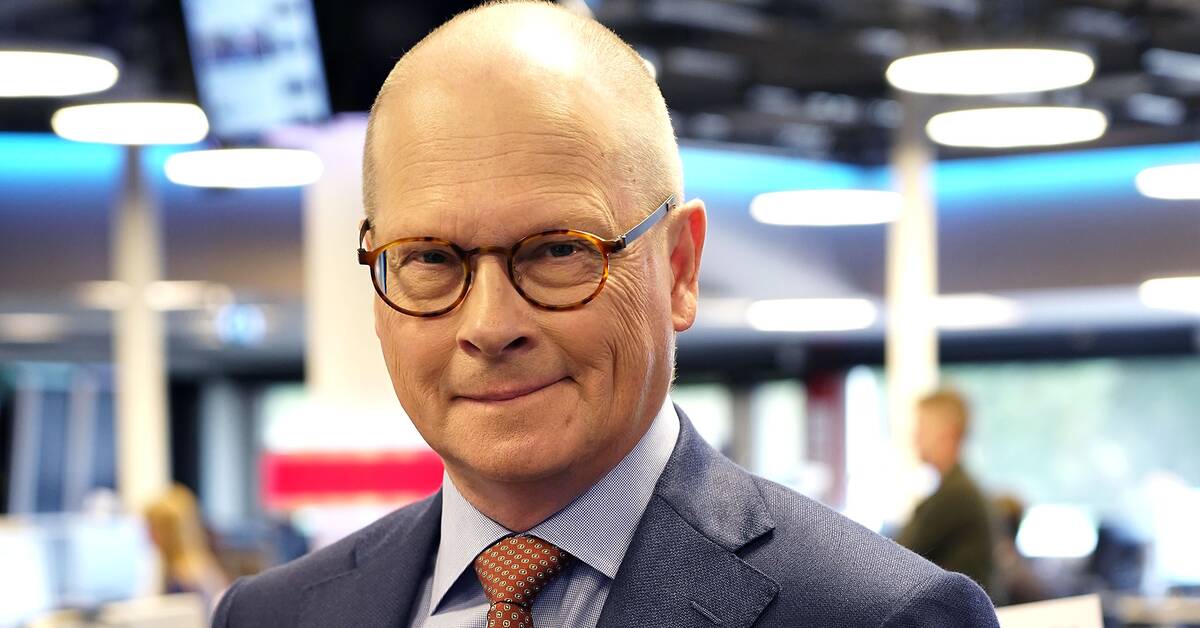No, it was energy policy and energy supply.
And here it is clear that the electricity price support is a continuing headache for the government.
Some money has not yet been paid out to hard-pressed households.
The latest announcements are that the payments will begin in February and March.
The criticism from the opposition is harsh.
It accuses the government of having betrayed its election promises, that the payments are delayed and also that the government wants to seal information about how much different individuals receive in electricity price subsidies.
The government is therefore under severe pressure on the issue.
The hope from the government's side is that the air will go out of the debate when the payments to households begin.
But it doesn't have to be that way.
Continued high electricity prices may mean that the demands for continued compensation to households will be a difficult issue for the government in the future as well.
Not least in view of the high inflation in Sweden and the criticism that has already been brought forward that this type of financial support can further fuel inflation.
Shift in the nuclear power issue
The government prefers to talk about nuclear power and its plans for new reactors.
Here the parties in the government constellation are in agreement and here the assessment is made that you have public opinion behind you.
In addition, the political shift in the view of nuclear power is now a fact in Sweden.
For the first time in a very long time, Sweden is governed by a government that fully agrees to build new nuclear power.
The government also has a majority in the Riksdag behind this policy.
This means that you don't really need to take the opposition into account, but just like in the NATO issue, there is an interest for the government in getting the Social Democrats on board.
Those who are expected to be prepared to invest in new nuclear power in Sweden want clear rules of the game, i.e. that the projects can continue even in the event of a change of government.
Only then will there be interest in building new reactors.
Therefore, Prime Minister Ulf Kristersson (M) is trying to pressure S-leader Magdalena Andersson on the issue.
He wants a clear message that the Social Democrats are prepared to support new reactors.
Andersson avoidance
He did not receive any such information in Wednesday's party leader debate.
Magdalena Andersson answered evasively.
She says she is open to investments in all types of energy, but avoids specifically stating support for new reactors.
Instead, she criticizes the government for pulling out the rug for new investments in wind power.
All of this points to the fact that the energy issue will continue to be heavy in Swedish politics and that the plans for new nuclear power, not least in relation to the expansion of wind power, will become a central domestic political issue during the mandate period.

